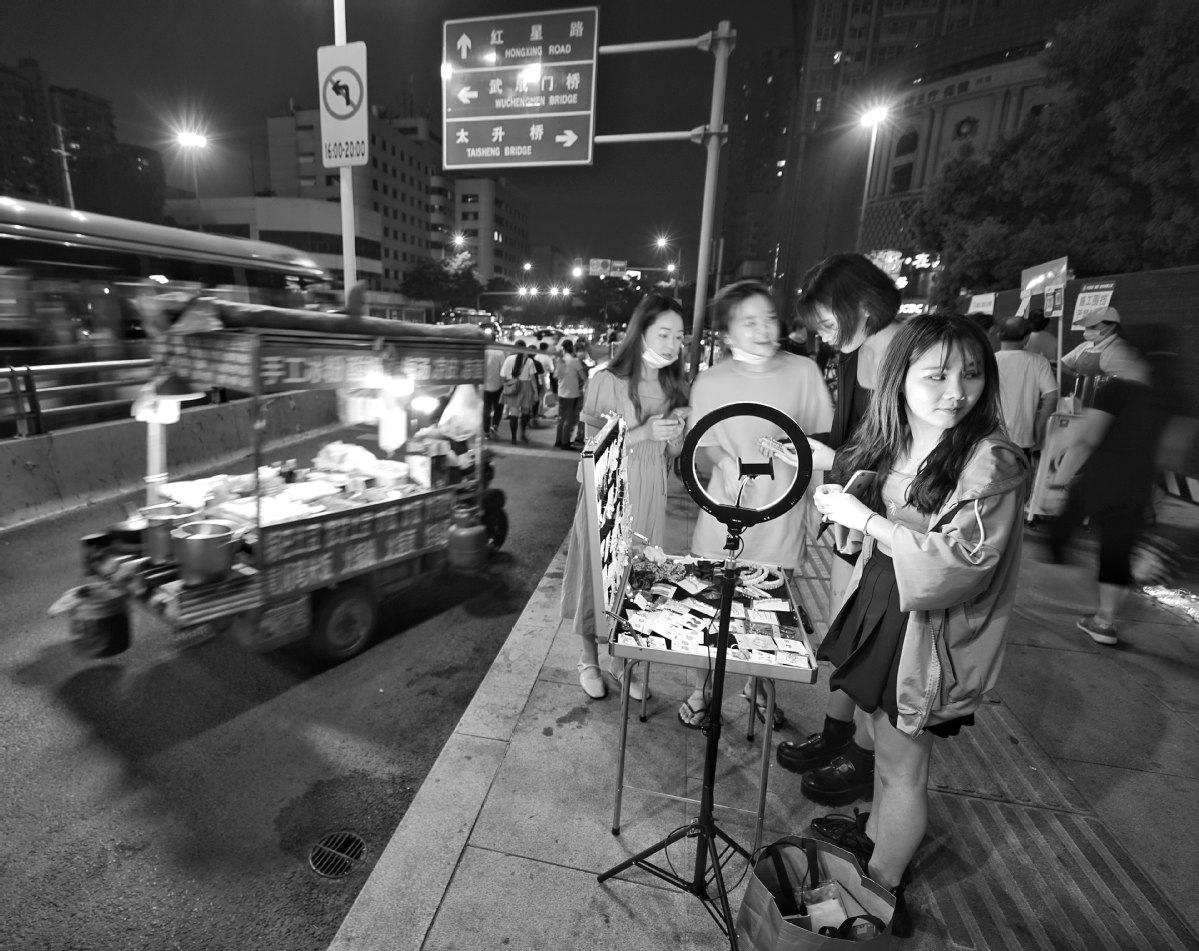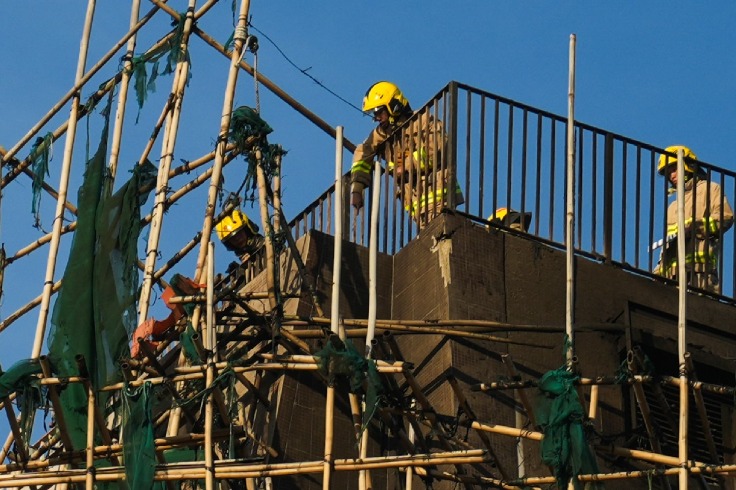Roadside food stalls back on the menu


Cities ease bans and designate places for vendors to help revive economies
Cities around China started allowing people to set up roadside booths or food stalls on streets on a regular basis over the weekend.
The vendors had been banned to keep the cities clean, and their return is expected to help increase people's incomes and revive local economies hit hard by the novel coronavirus outbreak.
On Saturday, the cultural-ethical civilization committee office of Changchun, capital of Jilin province, announced that it would encourage and support the opening of night markets and temporarily lift a ban on roadside markets.
Night markets and food stalls can be opened in designated areas in parks, public squares and empty spaces as long as they don't interrupt traffic and local life. They also have to pass environmental protection assessments, the office said.
People are also being allowed to set up temporary roadside businesses, which were previously targeted by city administrators because they have often caused traffic jams and pollution. There will be no charge for running a business in a designated roadside area, but they must operate in an orderly manner, the office said.
It urged city administrators not to punish vendors unless absolutely necessary. Instead, they should educate the vendors about their misconduct and help them correct it.
Whether a city can effectively manage roadside businesses and vendors has been an important criteria during the evaluation process for the "Civilized City "title, but the national cultural-ethical civilization office decided to remove that criteria during this year's assessments to support the recovery of local economies, China Central Television reported on May 27.
"Encouraging roadside businesses doesn't mean there won't be administration," Wang Yukai, a professor at the National Academy of Governance, said on Sunday. "In many cases, the bigger the city is, the less tolerant it is of roadside businesses. Actually, it's a good opportunity to find the balance between city administration and roadside businesses, so the businesses can be sustainable in the future."
Chengdu, capital of Sichuan province, has been allowing people to run businesses in designated areas on some pedestrian streets since March 15 in a move to boost the economy after the COVID-19 pandemic was effectively contained.
The move has helped many business owners earn more money as people really enjoy eating meals outdoors, Chen Yonggang, the deputy head of Chengdu's cultural-ethical civilization office, told CCTV.
Inclusiveness and helping people when they are in need are what a civilized city should offer, he said, adding that temporarily allowing roadside businesses required higher management skills from city administrators.
Chengdu has designated more than 2,234 roadside business areas, 82 promotion areas on streets near large shopping malls and 17,891 vending spots, creating more than 100,000 jobs, the city government said.
- China's top political advisor meets delegation of A Just Russia party
- Pooled efforts expected to deepen reforms in Hong Kong with new legislature elected
- Nanfeng mandarins of Jiangxi are going global
- Former senior official of Guangxi expelled from Party
- Former CPPCC official Bi Jingquan dismissed from office
- Man detained for allegedly hugging unfamiliar girl in Guangdong park



































